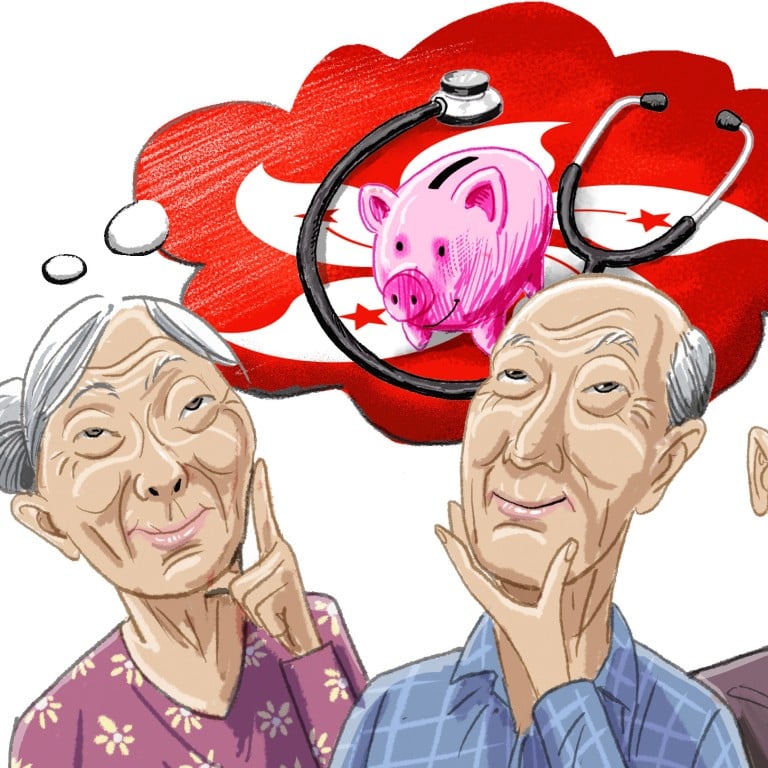
Ageing Hong Kong can be the Greater Bay Area’s pensions and healthcare hub
- Hong Kong can and should pioneer health and retirement solutions for the ageing Greater Bay Area, given its advanced insurance sector and healthcare reputation
These challenges open up an important role for Hong Kong to contribute to the country’s social and economic progress. As a hub of innovation, Hong Kong can pioneer health and retirement funding solutions for the Greater Bay Area and become a hub for best practices. There are significant economic opportunities for Hong Kong in this equation too.
In Hong Kong, we have had to get a head start on addressing the economic issues associated with a rapidly ageing population. Ensuring sufficient retirement savings and boosting private healthcare funding have been areas of public policy focus for well over a generation in the city.
In healthcare, Hong Kong is recognised not just for its high standards of medical care but also healthcare funding solutions. In the 2023/24 financial year, government spending on healthcare is expected to reach HK$104.4 billion (US$13.3 billion), accounting for about 19 per cent of recurrent expenditure, a percentage that has grown steadily from over 16 per cent 10 years ago, and 15 per cent 20 years ago.
At the same time, we have a growing private health insurance sector that is gradually and efficiently shifting the rising public risks from a rapidly ageing population onto large and diverse corporate balance sheets. By late last year, more than 1 million policies under the Voluntary Health Insurance Scheme had been issued in Hong Kong, just three years after the scheme was implemented, with steady growth expected.
While more work needs to be done to increase participation, penetration and efficiency, Hong Kong can be seen as having the solid foundations for a complete healthcare funding and provision ecosystem.
The key point is that Hong Kong can and should be the centre of best practices and innovation for the 11 cities of the Greater Bay Area when it comes to tackling the immense health and retirement funding problems that ageing populations bring. This will in turn benefit Hong Kong economically and reputationally within the region, China and globally.
Understandably, there is a concern that the capacity and quality of Hong Kong’s domestic healthcare provision could be critically compromised, should we seek to leverage our more advanced healthcare capabilities across the Greater Bay Area, both as an economic opportunity for our city and a social good for the country.
Hong Kong’s health must not suffer in Greater Bay Area bid
But this fear could cause us to miss out on a major opportunity for Hong Kong. We need to be more open-minded, community-spirited and entrepreneurial in engaging within the Greater Bay Area, through the lens that Hong Kong is the natural hub for pioneering advances in healthcare provision and funding.
The short story is that we can and should help mitigate these risks. This is not only to generate value for Hong Kong but to support sustainable economic and social progress across the Greater Bay Area, make a bigger contribution to China and further position our city as a global insurance and risk management hub.
Damien Green is the former CEO of Manulife Hong Kong, one of the city’s largest health insurers. He is on the board of directors of the Hong Kong Financial Services Development Council, is chairman of Manulife Financial Asia Ltd and founder of StudioKT, a community arts initiative in Kwun Tong



